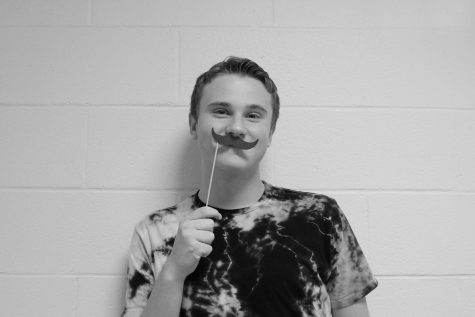Prior to going to the movies or choosing to spend a night renting a movie, one of the first things I do is check Rotten Tomatoes, a website that gathers reviews from critics across the nation and averages their ratings to form a percentage of approval, helping moviegoers weed out the critical darlings from the flops. When I saw that the animated film “Zootopia” was “Certified Fresh” with a 99 percent approval rating, I was intrigued, and had to buy a ticket to see what was so “magical” about this film.
Two hours later, upon exiting the theater, it became clear how Zootopia earned this high approval rating, for very few animated films have managed to successfully do what Zootopia does: masking profound social commentary, commentary relevant to many issues today, through animation that appeals to children.
On the surface, Zootopia seems strikingly similar to other animated films that have been released. After all, the plot is pretty shallow and simple: an unlikely pairing between a goody two shoes and a rebellious anti-hero join forces to solve a mystery. We’ve seen this scenario dozens of times in movies, from the animated genre to the buddy-cop comedy.
It takes a lot of skill to take an idea so hackneyed and breathe fresh air into it. But, that is exactly what screenwriter Jared Bush does. One way he does this is through the protagonist, the sweet and determined Judy Hopps. Underdogs are common main characters, especially in children’s movies, because they’re easy to root for and are typically likable.
The adversities Judy successfully overcomes are very similar to the obstacles many of us face in our day-to-day lives. From the start of the film, Judy is at a disadvantage, being a small town bunny with big dreams of being a police officer in the booming metropolis that is Zootopia. Her peers often mocked her aspirations… She’s just a small female bunny, and that’s all she’ll ever be… and she herself even questions it. However, with the motivation of her supportive parents and her own drive, she successfully graduates at the top of her class of her police academy and relocates to Zootopia to start her job.
Initially, it might be too abstract of a thought to assume that Jared Bush had real people in mind while creating this land of make believe. As the preceding paragraph – which is only the first ten minutes of the film – shows, this situation is all too similar for high school students. Though we do live in a relatively privileged bubble in society, many of us have goals in life that others might think to be unattainable.
For example, I love the idea of being journalist for a major urban newspaper, but other parents, teachers, and peers have attempted to deter me from this idea, whether it is because the field is “difficult to enter” or “pays poorly.” Regardless, the point is, that many of us have people in our lives that try to bring us down. But, with a bit of self-drive and motivation from others, I believe we possess the ability to do anything we put our minds to. If Judy Hopps can overcome neighborhood bullies and small-town upbringings to become a police officer, who’s to say we can’t attain our goals as well?
The film does something incredible in that it keeps the entire audience – parents included – entertained. That alone is a difficult feat to accomplish, considering the target demographic is young children. What is more incredible is that it remains topical and educates children on real-world issues, such as discrimination and sexism – all while being glossed over by beautiful animation, genuinely amusing jokes, and occasional slapstick humor to further the appeal for children.












































